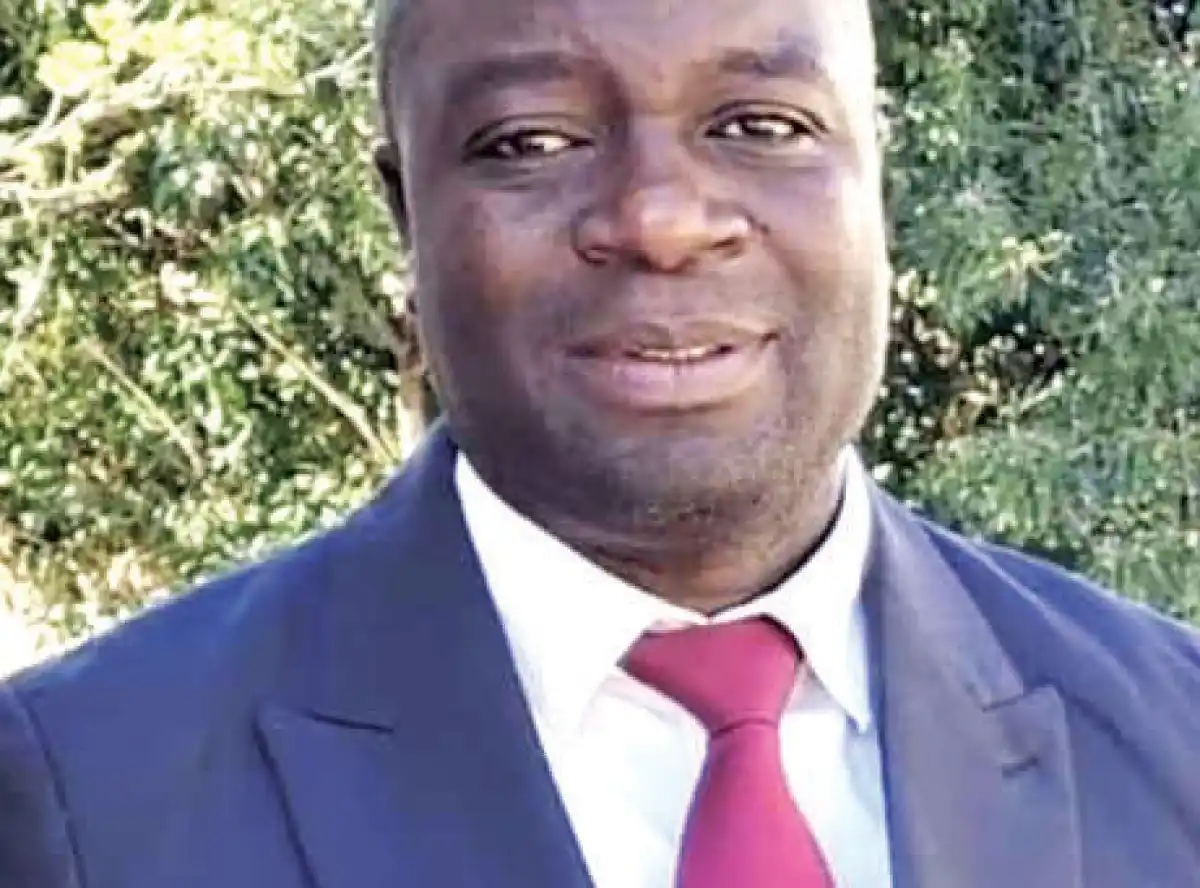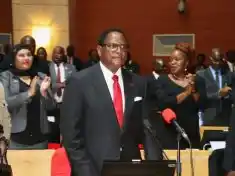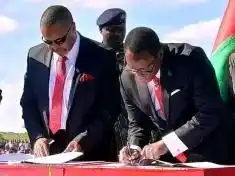
Malawians will have to wait a little bit longer before the country could complete the first review of the Extended Credit Facility (ECF) programme with the International Monetary Fund (IMF), The Daily Times has established.
The conclusion of the first review will allow Malawi to tap additional resources from the $175 million four-year programme.
Last month, an IMF mission that visited the country for the ECF review left without concluding the review, indicating that it would continue engaging the authorities in Malawi on outstanding issues in the coming weeks.
But a month down the line, the two parties are yet to reach a common ground to complete the first review.
Secretary to the Treasury Betchani Tchereni Sunday told The Daily Times that discussions are ongoing.
“The processes are intricate and highly technical but the aspects involving Treasury and the Reserve Bank [of Malawi] are at the end and ready for submission to our colleagues at the fund.
“However, some of the areas need other government agencies to be considered such that they do have their own calendar and modus operandi,” Tchereni said.
In an interview Sunday, Blantyre-based economist Marvin Banda said Malawians should be cautiously optimistic.
“Whenever a vital agreement comes under review, tension is usually palpable. Malawi’s performance under the current ECF programme can be implemented without delinquencies and further constraints. IMF and Malawi agreed on quantitative performance criteria for the first review and several other structural benchmarks, some of which have not been met for various reasons.
“The government promised to take bold steps to restore fiscal sustainability, manage efficiencies of social spending, manage balance of payment issues, liberalisation of the exchange rate and strengthen economic governance. The ECF came with a proposed reform agenda aimed to mitigate and reverse the impact of past economic imprudence and shocks to the economy,” Banda said.
He observed that the general consensus is that it is either too early to call or the nation is not enthusiastically following the reforms which are meant to accompany the facility.
“It can be understood that the ECF was merely a gateway to the return of direct budget support and grants that follow IMF agreements.
“In terms of completion of such arrangements, the nation has completed only half of the 16 arrangements it has entered due to mismanagement of funds and other delinquencies, which have ultimately led to a cancellation of previous facilities. The nation has seen gains in closing the gap between the official exchange rate and prevailing black market rate deteriorate yet again,” Banda said .
In a statement at the end of the mission on May 23 2014, IMF Mission Chief for Malawi Mika Saito said the Malawian authorities and the IMF team made substantial progress in discussions on the policies and reforms needed for the completion of the first review of the ECF-supported programme.
According to Saito, the two sides reached a common understanding on efforts needed to return to a sustainable fiscal adjustment path, rebuild external buffers and restore debt sustainability.
“Weather-related shocks continue to impact the Malawian economy, exacerbating food insecurity. The economic outlook for 2024 remains positive but economic growth is now projected at two percent, reflecting the impact of El Nino on agricultural production and spillovers to the rest of the economy.
“A successful winter crop would cushion the impact of drought on the agriculture sector,” Saito said.
Briefing reporters in April in the United States capital, Washington, on the sidelines of the IMF Spring meetings, IMF Director of the African Department Abebe Aemro Selassie said the unaddressed debt situation in Malawi remains a concern.
Selassie said while Malawi’s official creditors recently provided financing assurances, the country’s other creditors have not yet.
“And that is, I think, one of the most pressing impediments that we see in our ability to continue to provide financing.
“Over the last couple of years, the fund, the World Bank, [and others] have provided a lot of financing to the country, but this financing cannot be effective, of course, without debt relief for the country.
“And as you noted in the context of this drought, this debt relief is extremely pressing—extremely pressing, I should say. And we hope that there will be progress on that front so that any resources we provide can go to help the people of Malawi,” Selassie said.
The ECF programme was granted on November 15 last year and aims to support the authorities’ commitment to restore macroeconomic stability, build a foundation for inclusive and sustainable growth, including to strengthen resilience to climate-related shocks, and address weaknesses in governance and institutions.
The arrangement is also expected to catalyse grant financing and capital inflows including foreign direct investment and trade credit.








0 Comments